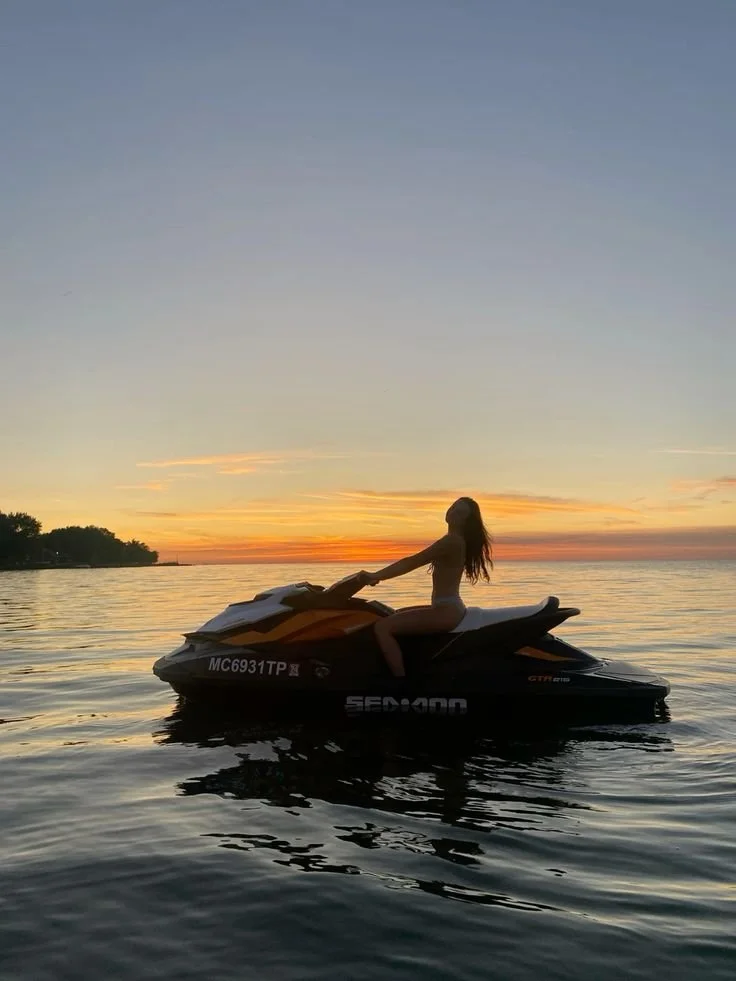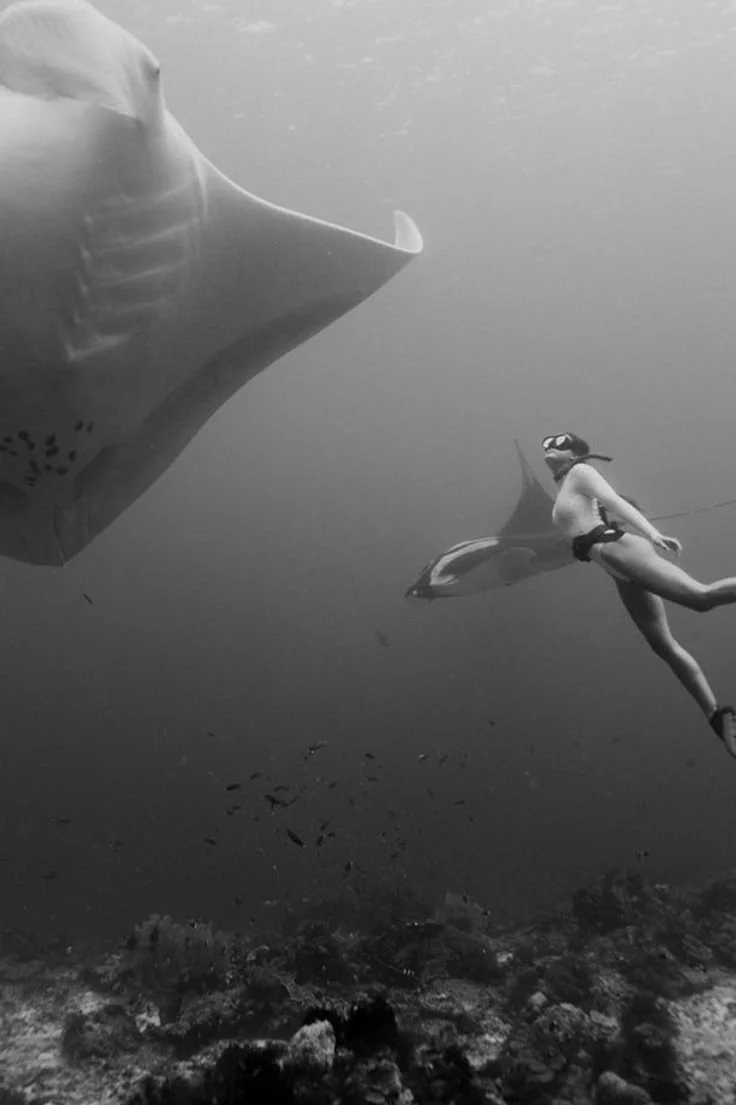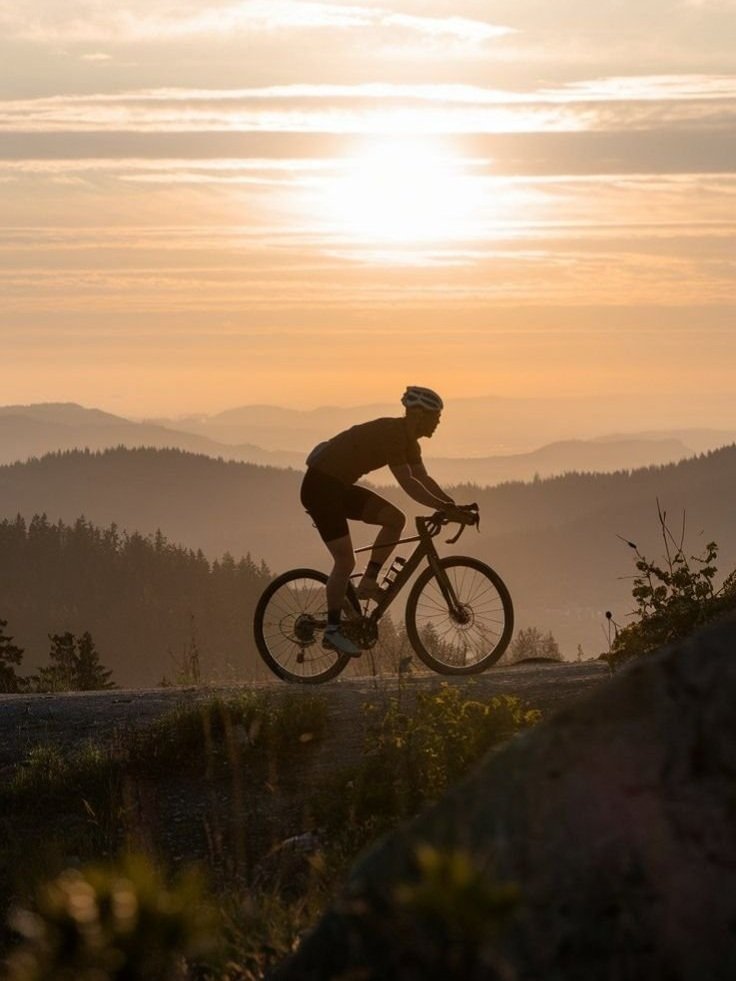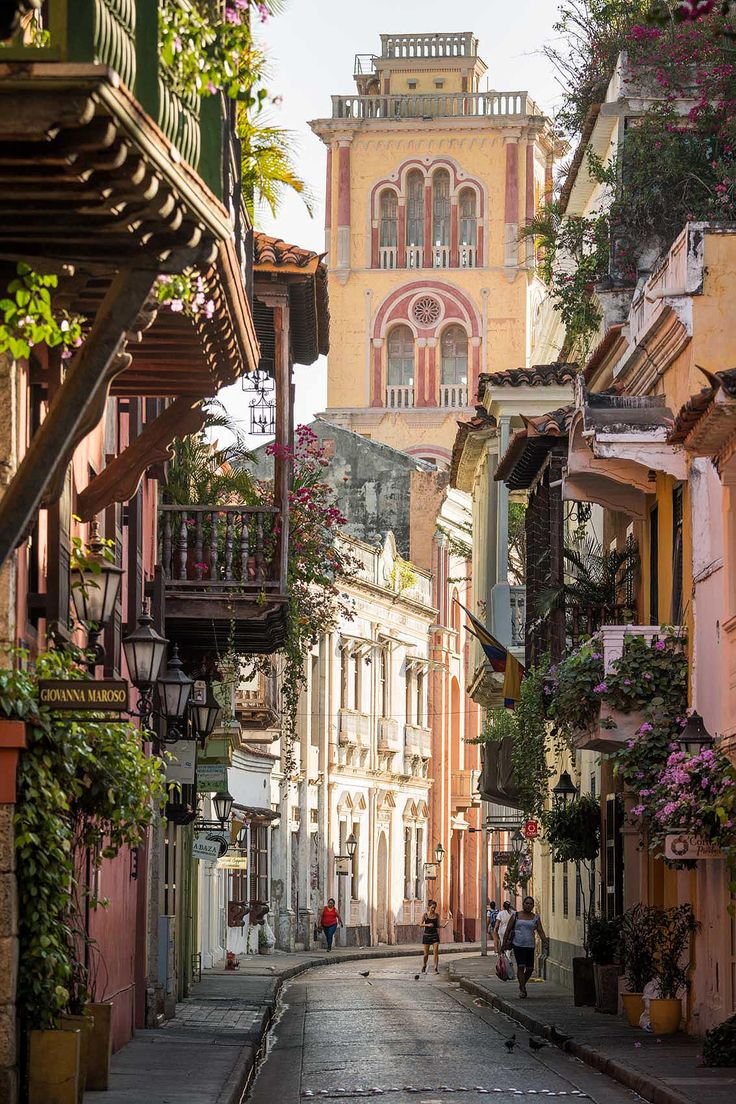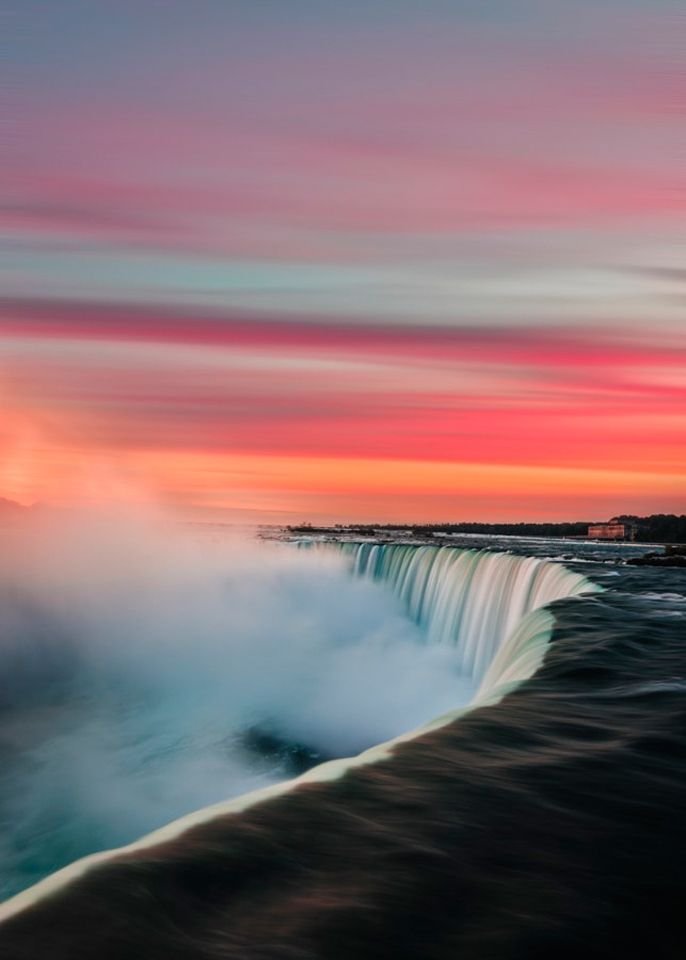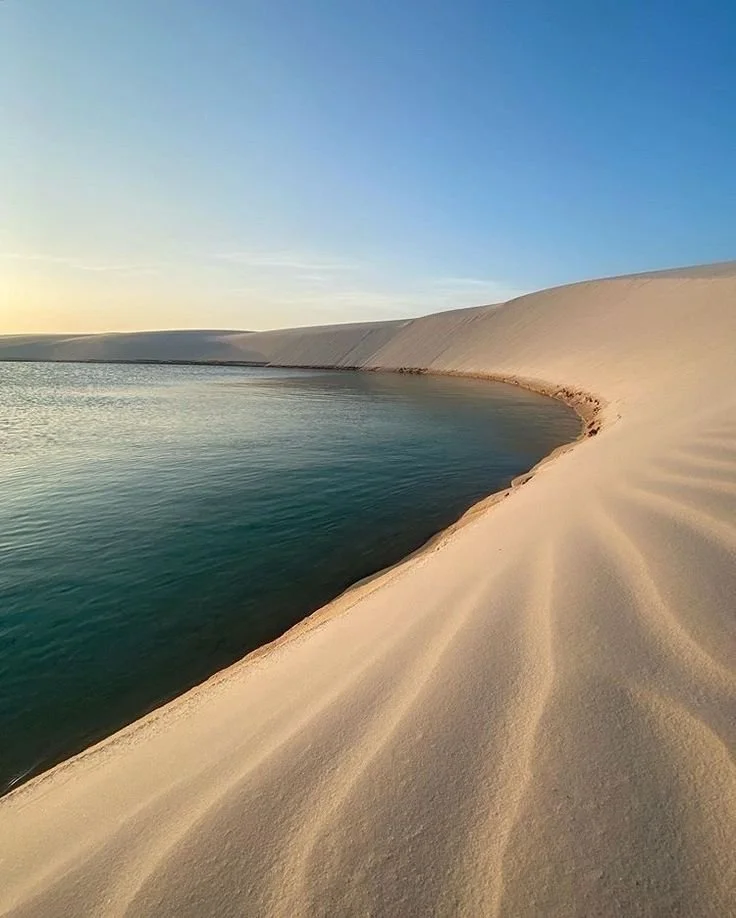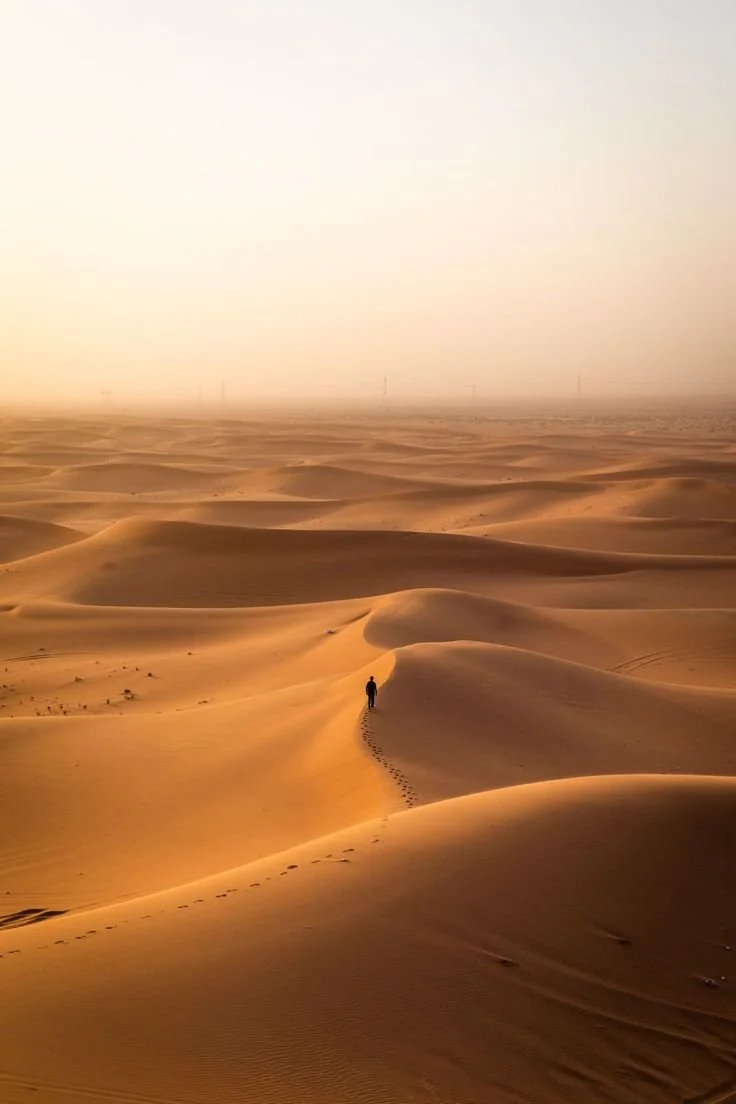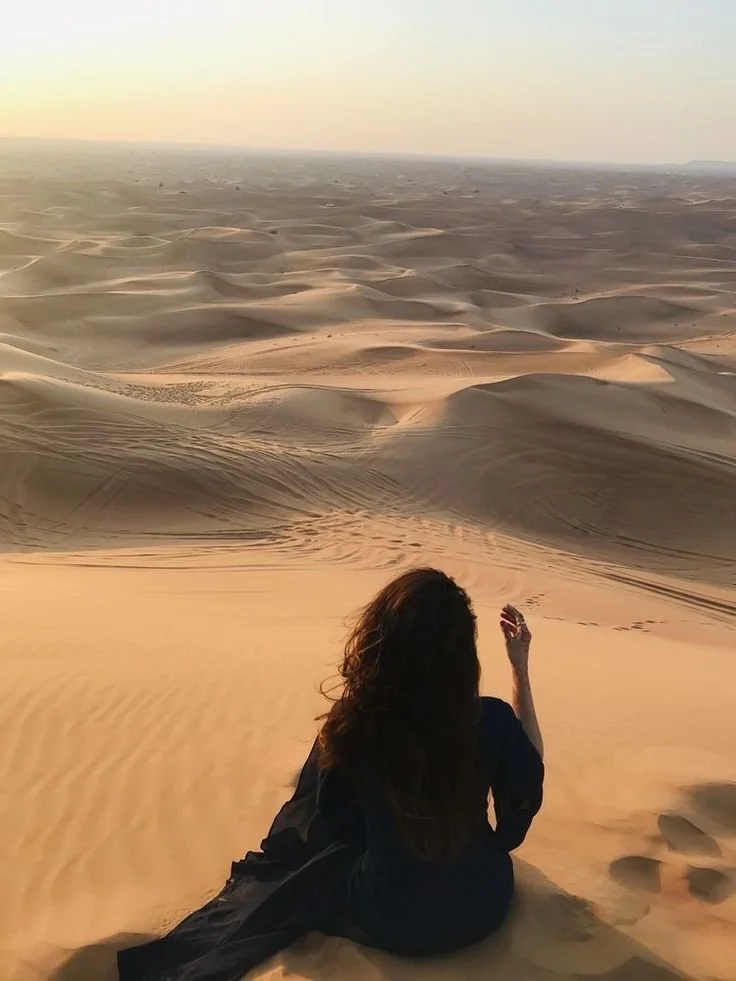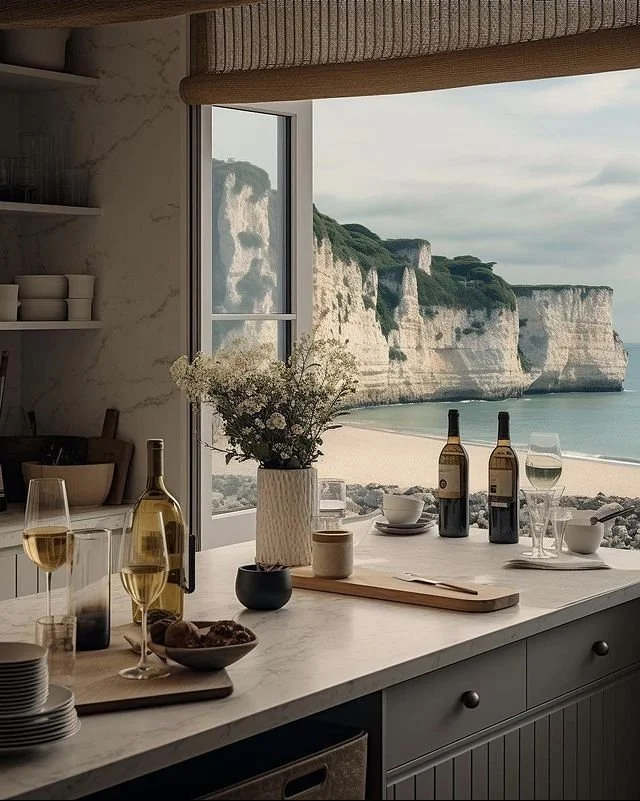Vacation Camping Guide: Fun Tips For Your Outdoor Adventure
Embarking on a camping vacation offers an exhilarating escape into nature, filled with opportunities for adventure and relaxation. This guide is designed to equip you with essential tips, tricks, and insights to enhance your outdoor experience.
From selecting the ideal campsite and packing the right gear to mastering campfire cooking and finding fun activities for the whole family, we’ll help you navigate every aspect of your trip. Whether you're a seasoned camper or a first-timer, our practical advice will ensure your adventure is not only memorable but also infused with joy and connection to the great outdoors.
No. 1
Planning Your Camping Experience
Getting ready for your camping trip is exciting. With good planning, you'll have an awesome time in nature. Let's look at how to choose a campsite, explore camping types, and pack the right gear.
Choosing the Perfect Campsite
When picking a campsite, think about what you want. Do you like being near water? Or do you prefer mountain views? National parks offer beautiful spots, but they can get crowded. State parks are often less busy and still have great camping areas.
Look for campsites with the stuff you need. Some have fire pits, picnic tables, and bathrooms. Others are more basic. Check if you need to book ahead, especially for popular places.
Think about how far you want to be from other campers. Some sites are close together, while others give you more space. Also, check what activities are nearby. You might want hiking trails, fishing spots, or beaches.
Types of Camping to Explore
There are many ways to camp. Car camping is easy for beginners. You drive right up to your spot and have your car nearby. This lets you bring more gear and food.
If you like hiking, try backpacking. You carry everything in a big backpack and camp in the backcountry. It's more work, but you get to see amazing places that are hard to reach.
RV camping is comfy. You have a little home on wheels with a bed, kitchen, and sometimes a bathroom. It's great for longer trips or if you want more comfort.
Glamping is fancy camping. You stay in pre-set tents or cabins with real beds and nice stuff. It's perfect if you want to be in nature but don't like roughing it.
Essential Camping Gear for a Successful Trip
Good camping gear makes camping fun and comfy. Start with a tent like 3fulgear lanshan 1 that fits your group. Make sure it's easy to set up. Get sleeping bags that keep you warm at night. Sleeping pads or air mattresses make the ground softer.
Bring a camping stove to cook your meals. Pack pots, pans, and dishes too. Don't forget a cooler for food and drinks. Bring plenty of water or a way to filter it.
Pack clothes for all kinds of weather. Bring rain gear just in case. Good hiking boots are a must if you plan to explore. Don't forget a first aid kit, sunscreen, and bug spray.
Flashlights or headlamps are important for nighttime. Bring extra batteries. A multi-tool can be super helpful for small fixes. Remember to pack garbage bags to keep your site clean.
Cotswold
Your premier destination for outdoor enthusiasts seeking the perfect camping gear and accessories. Explore their extensive selection of products that cater to every style of camping, from family getaways to solo treks.
No. 2
Setting Up Your Camp
Picking the right spot and setting up your camp is key to a great outdoor trip. A good setup keeps you comfy and safe while you enjoy nature.
Tent Setup and Shelter Tips
Choose a flat spot for your tent away from dead trees and branches. Clear the area of rocks and sticks. Lay down a tarp first to keep your tent dry.
Set up your tent following the instructions. Make sure it's tight and secure. Use all the stakes and guy lines. This helps in windy weather.
If you need extra shelter, hang a tarp between trees. This gives you a dry space to cook or hang out if it rains.
Creating a Cozy Sleep Space
Your sleeping area is important for a good night's rest. Lay out your sleeping pad or air mattress first. This adds comfort and insulation from the cold ground.
Put your sleeping bag on top. Fluff it up to trap warm air inside. Add a camping pillow for extra comfort.
Bring warm, comfy clothes to sleep in. Keep them in a dry bag during the day.
Campsite Safety and Hygiene
Keep your campsite clean to avoid attracting animals. Store food in airtight containers or a bear canister if needed. Hang food from a tree branch if bears are a concern.
Set up a hand washing station with soap and water. This helps prevent the spread of germs.
Bring a first aid kit and keep it handy. Know basic first aid and how to treat common camping injuries.
Have a plan for bathroom needs. Use designated areas or dig a cat hole at least 200 feet from water sources.
No. 3
Camp Cooking and Food Essentials
Good food makes camping even more fun. You need the right gear and meals to cook tasty dishes outdoors.
Packing Your Camp Kitchen
Bring a camping stove for easy cooking. Pack pots, pans, and utensils you'll use often. Don't forget plates, cups, and silverware. A cooler keeps food fresh. Bring aluminum foil for cooking over the fire. Pack dish soap, a sponge, and towels for cleanup.
Bring salt, pepper, and cooking oil. Pack matches or a lighter to start your stove. A cutting board and knife are handy for food prep. Bring a can opener if you're taking canned food.
Easy and Nutritious Camping Meals
Plan simple meals that are quick to make. Oatmeal with dried fruit is great for breakfast. Sandwiches work well for lunch. For dinner, try foil packets with veggies and meat.
Pasta with sauce is filling and easy. Rice with canned beans and veggies is nutritious. Bring trail mix and energy bars for snacks. Pack dried foods like jerky that don't need a cooler.
Hot dogs are a classic camping food. S'mores are a fun dessert to make over the fire.
Leave No Trace While Cooking
Clean up after every meal. Pack out all your trash, including food scraps. Use biodegradable soap to wash dishes. Dump dirty water away from water sources.
Don't leave food out where animals can get it. Store food in sealed containers in your car or a bear box. Never feed wildlife.
Cook on a stove or fire pit when possible. If you must build a fire, use existing fire rings. Make sure your fire is completely out before you leave. To be as safe as possible, consider using a propane fire pit instead of a traditional fire.
No. 3
Outdoor Activities and Enjoyment
Camping trips offer many fun ways to explore nature and stay active. You can try new things or enjoy old favorites in the great outdoors.
Exploring Nature and Wildlife
Consider incorporating sustainable cargo electric bike into your adventure, allowing you to easily carry gear, snacks, and kids while enjoying the outdoors. The extra power helps you tackle challenging terrain, making outdoor adventures more enjoyable for everyone.
Take a hike on nearby trails to see local plants and animals. Bring a field guide to identify different species. Look for animal tracks and listen for bird calls. You might spot deer, rabbits, or interesting insects.
Try fishing in a lake or stream if allowed. Pack some basic gear like a rod, reel, and bait. Check local rules on fishing licenses first.
Stargazing is amazing when you're away from city lights. Bring binoculars or a telescope to see stars and planets up close. Download a stargazing app to help find constellations.
Fun Camping Activities for All Ages
Play outdoor games like frisbee, catch, or hide-and-seek. Bring a ball for soccer or volleyball. Card games and board games are fun for rainy days in the tent.
Tell ghost stories around the campfire at night. Bring marshmallows, chocolate, and graham crackers to make s'mores.
Try nature crafts like making leaf rubbings or pine cone bird feeders. Collect pretty rocks or flowers to press in a book.
Go on a scavenger hunt. Make a list of things to find like pinecones, acorns, and unique leaves.
No. 4
Responsible Camping and Leave No Trace
Camping responsibly means taking care of nature and leaving campsites pristine for others to enjoy. By following Leave No Trace principles, you can minimize your impact and protect the outdoors.
Understanding and Practicing Leave No Trace Principles
Plan ahead and prepare for your camping trip. Pack light and bring only what you need. Dispose of waste properly by using the "carry-in, carry-out" rule. Take all your trash with you when you leave.
Stick to existing trails and campsites. This helps prevent damage to plant life. If you need to make a new campsite, choose durable surfaces like rock or gravel.
Use a camp stove instead of making campfires when possible. If you do have a fire, keep it small and in designated fire rings. Make sure it's completely out before you leave.
Leave natural objects where you find them. Take photos instead of picking flowers or rocks. This preserves the environment for others to enjoy.
Respecting Wildlife and the Environment
Keep a safe distance from wildlife. Don't feed animals, as this can harm their health and natural behaviors. Store your food securely to avoid attracting animals to your campsite.
Use biodegradable soap for washing. Do this at least 200 feet away from water sources to protect aquatic ecosystems.
Be considerate of other campers. Keep noise levels down, especially at night. Respect quiet hours and give others space to enjoy nature.
Leave your campsite better than you found it. Pick up any trash you see, even if it's not yours. This small act can make a big difference in preserving natural areas for everyone.
No. 5
Camping Trip Essentials and Safety
Packing the right gear and knowing basic safety tips can make your camping trip enjoyable and worry-free. Let's look at some key items to bring and important safety measures to keep in mind.
Safety Gear and First Aid Tips
Don't forget to pack a first aid kit. It should have bandages, antiseptic wipes, pain relievers, and any personal medications you need. Bring sunscreen and insect repellent to protect your skin.
Pack a flashlight or headlamp with extra batteries. These are crucial for moving around camp at night. A whistle can be helpful if you get lost or need to signal for help.
For campfire safety, keep a bucket of water nearby. Never leave a fire unattended. Make sure it's completely out before you go to sleep or leave your campsite.
Create a camping checklist to make sure you don't forget any important items. This can help reduce stress and make packing easier.
Navigating and Weather Preparedness
Bring a map and compass, even if you plan to use your phone for navigation. Phones can run out of battery or lose signal. Learn how to use these tools before your trip.
Check the weather forecast before you go. Pack clothes for all types of weather. Bring warm layers, rain gear, and extra socks.
A weather radio can keep you updated on changing conditions. This is especially important if you're camping in an area prone to storms or wildfires.
Bring plenty of water or a way to purify water from natural sources. Stay hydrated, especially in hot weather.
Keep in mind to tell someone where you're going and when you plan to return. This can be a lifesaver if something goes wrong on your trip.
Takeaways
A successful camping adventure hinges on preparation, an open mind, and a spirit of exploration. By utilizing the tips outlined in this guide, you'll be equipped to embrace the joys of nature, connect with fellow campers, and create lasting memories under the stars.
Remember that every camping trip offers a unique opportunity for self-discovery and growth, and with the right mindset, you can transform any outdoor experience into a cherished part of your wellness journey. So pack your gear, gather your loved ones, and set out to unlock the beauty and freedom that the great outdoors offers.
Looking for Travel resources?
Looking to embark on a transformative journey to discover new cultures, expand your horizons, and reconnect with yourself? Explore, learn, and awaken your wanderlust with our travel partners designed to support you on your next getaway.


